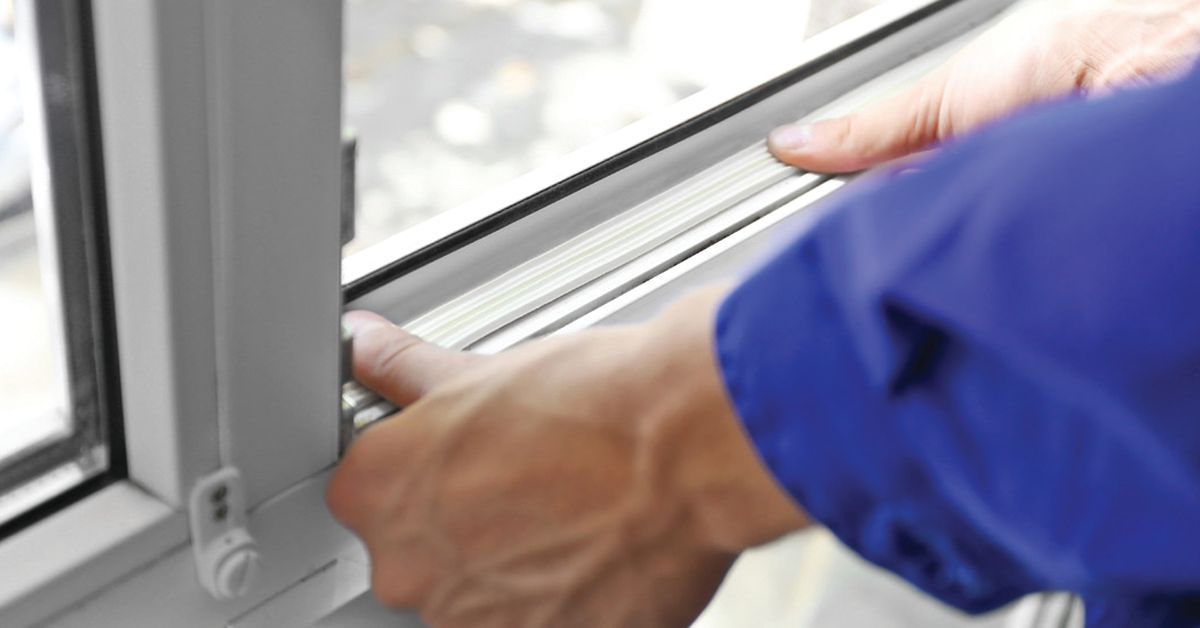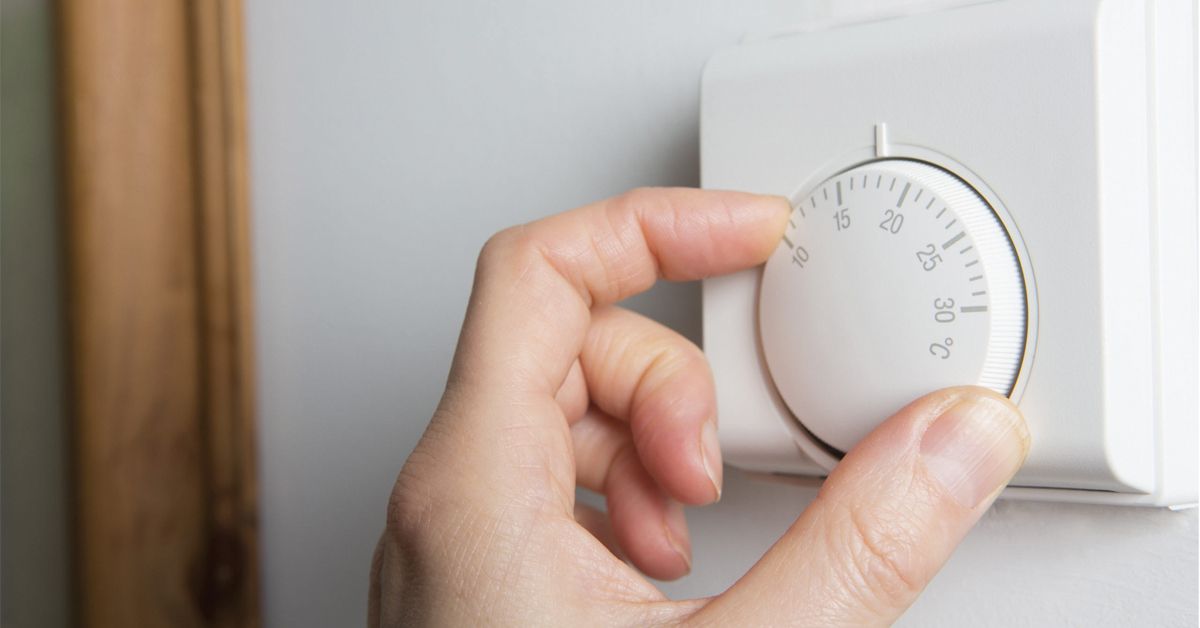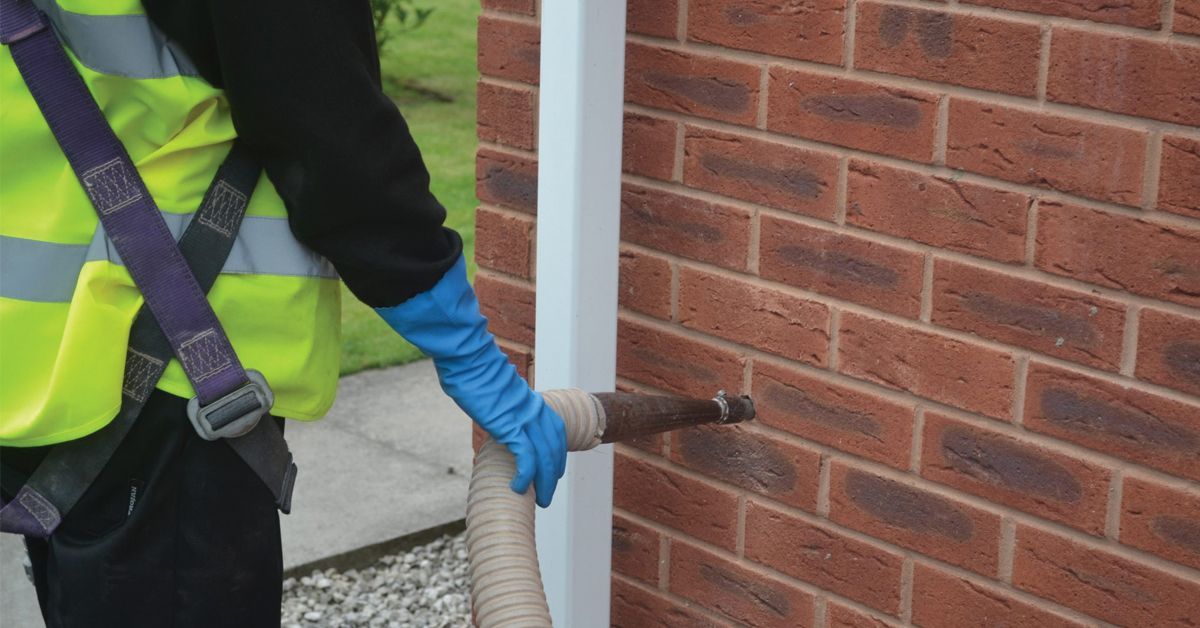Keeping Warm For Less
Each winter, the six Age Connects regions come together to provide valuable advice on how older people can stay warm while saving money on heating. A few simple adjustments can make a noticeable difference in comfort and costs.
For example, draught-proofing around windows and doors is an easy DIY project that prevents warm air from escaping and keeps cold air out. Closing curtains and blinds at night is another effective way to reduce heat loss, helping your rooms feel warmer and potentially lowering heating expenses.


Adjusting the thermostat slightly can also make a big difference. If you're already warm, consider lowering the temperature by one degree - most people find a range of 18°C to 21°C comfortable, and even a small change can lead to savings.
For homes with gas central heating, it’s generally more cost-effective than using an electric heater. Try turning up the radiator in the room you use most while turning the valves down in other rooms to conserve energy. Additionally, if you have an older hot water tank, adding a hot water tank insulation jacket is an inexpensive and simple way to retain heat.
For those with a bigger budget, there are several options to further enhance your home’s energy efficiency. Installing a programmer, room thermostat, and individual thermostatic radiator valves costs around £860, and using them correctly could save about £110 on energy bills each year.
Insulating your loft, if it’s accessible and free of damp, is another worthwhile investment. Adding 270mm of insulation to an uninsulated loft could save around £230 annually. Homes built from the 1990s onwards generally have cavity wall insulation, but if your home is older, installing it in damp-free cavities can save about £240 each year, potentially recouping your investment within seven years.

By following these tips, you can create a warmer home, reduce your energy expenses, and enjoy a cosier winter without worry. To find out more follow our
Facebook page where we post regular tips throughout the winter. Our
LEAP energy project could also help you by providing free energy efficiency measures for qualifying households.
